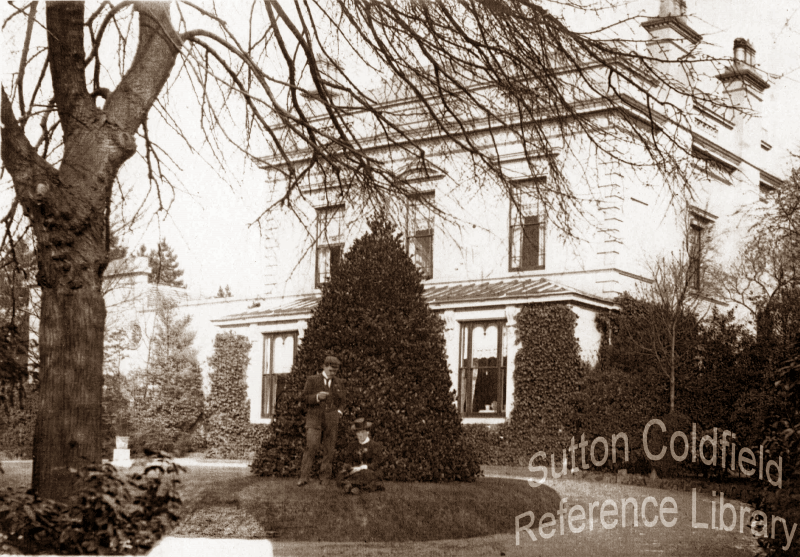On Tuesday the eleventh of April 1854 a great crowd gathered in Sutton Coldfield to call for changes in the government of the town. The protest meeting was held in the open air at Cliftons Hills (where the railway station car park is now), and it was resolved to petition the Queen for a new town charter. The Privy Council appointed a Commissioner to inquire as to whether a new Charter of Incorporation should be granted, and he opened his Inquiry at Sutton on Thursday the second of August 1855.
45-year-old Henry Fielding was the chairman of the protest meeting, and he was the first witness called at the Inquiry. He said that the Warden and Society called a meeting of people opposed to the petition on Tuesday July 4th 1854, held in the old moot hall (this hall was demolished early in 1855). Fielding said that he went to this meeting “to hear what they had to say”, but when the Warden, Sir William Hartopp, took the chair, Fielding objected, and proposed Thomas Hayward. The meeting was obviously packed with Fielding’s supporters, there was a great uproar, and “you have me to thank that you and the other corporation men were not thrown out of the window.”
This revolutionary fervour had died down by the time of the Inquiry, where Fielding stated that he was a Birmingham manufacturer who had lived at Wylde Green for the last three years. His house, Marchmount House, was built in 1853, and stood in three and a half acres of grounds opposite the present Wylde Green Hotel. It was an imposing Villa Residence suitable for a man who had made his fortune and wished to move away from the smoky town to live like a gentleman.
In 1855 Fielding was still commuting to his works in the Jewellery Quarter at 73 Great Hampton Street where he employed thirty men six boys one woman and four girls making German silver spoons and forks and military ornaments. A form of German silver (an alloy of copper, nickel and zinc) was developed in Birmingham in 1832, and the young Fielding had been one of the first to use it at a factory in Livery Street.
By 1871 the Fielding household (Henry, Mary his wife, Sarah his daughter and servant Caroline) had moved to an even better address in Edgbaston. Marchmount house was then occupied by William Wills, a 46-year-old Birmingham solicitor whose household of six children and four servants made full use of the big house. Over the next eighty years various wealthy families with their servants lived in the house, but by 1950 such houses had become uneconomic, and Marchmount House was demolished to make way for a new housing estate.
(Article based on research by Alan Howells)
